AR: You have worked with many singers now, who have you enjoyed working with so far?
Vishal: Shaan and KK are good buddies and great singers, Sunidhi is great and lots of fun. Mahalaxmi Iyer is a treat to work with. Uditji is an awesomely talented person, and yet humble to the point of being self-effacing. Mr. Jagjit Singh was relaxed and informal, with a great sense of humour. We've worked with Abhijeet (on 'Plan') just once, and he seemed very dedicated to his craft. Sonu Nigam was quite chilled out, and a total perfectionist. Basically we've had a blast recording with all these guys. Most memorable, though, was Mr. Amit Kumar. While we were recording for the songs on Jhankaar Beats, he had us in splits with his humour. His energy and enthusiasm would give any fifteen year old a serious complex. Plus, he was so professional, and so well honed as a singer. He needed virtually no retakes, he sang two of the songs (Ruk Ruk and Boss Kaun Hai) in real-time! AR: Who else would you like working with? Vishal:We would give anything to record Mr. Kishore Kumar, but we came too late. Lataji, Ashaji, Kumar Sanu, Alka Yagnik are others who we'd be honoured to have sing our songs. We would also love to work with a lot of newer voices like Shreya Ghosal, or Bombay Jaishree. AR: For the first time in Jhankaar Beats you worked with Amit Kumar, how and why did you choose him? Vishal: We had never worked with him, but Sujoy is truly his biggest fan. Since he's the director, we took his suggestion and went to Mr. Kumar's house to meet him. His voice just blew us away!! We will work with him as often as we possibly can! AR: It seems that most of the singing is done by men in PMKK, Chod Na Re and JB, is that just a coincidence or do you feel like you work better with male singers? Vishal:No such thing at all. It's just that since the films have had male protagonists, the songs have been from their point of view. 'Dil Se Mere' and 'Humne Na Tumse' were duets, Churaya Re was entirely Preeti and Pinky, 'Champion' was only Sunidhi. In fact Sunidhi is one of our favourite singers. AR: You guys have also worked alongside many other music directors in other films, Salim in PMKK, Lucky Ali and Anand Raaj Anand in Kaante, Anu Malik and Anand Raaj Anand in Champion, and Lucky Ali and Sandesh Shandilya in Supari. How do you feel the music of a film turns out with multiple music directors compared to a single music director? Vishal: It's all about the director and his vision. Whatever works in that context. AR: Jatin-Lalit had many insulting comments about Aadesh Shrivastava because he composed music in KKKG and Aankhen without their knowledge. Do you feel the same towards the music directors that you have worked with? Vishal: No. Anu Malik, Anand Raaj Anand are very big names, we're honoured to share platforms with them. Sandesh Shandilya is a truly gifted musician, we loved 'Piya Basanti' and his work on K3G. AR: Why do you elect to do such films? Why not just do films that are solely your own compositions? Vishal: When a director comes to us and asks us to provide music for his film, we are respectful enough not to question him or his methods. He knows his own requirements best. Plus, if you look at any OST of an international film, you will find music from many names and places. Nothing wrong with that. As far as doing only films that feature us as solo music directors, we're doing those too. AR: You two also created the music for Vadh which was not as appreciated as PMKK and Kaante, how do you feel about making music for movies like Vadh? Vishal: Vadh was a good script, and featured Mr. Nana Patekar. It seemed like a good choice at the time. AR: What are projects you are working on and tell me a little bit about them.Vishal: Currently we have recorded for Plan with Hriday Shetty directing. We have Waisa Bhi Hota Hai, a film by ad-genius Shashanka Ghosh. We are working on a film for Sidharth Sengupta, a first time director for White Feather Films.







![Shukhsmiles:] thumbnail](https://img.indiaforums.com/user/100x100/29/4239.jpg)



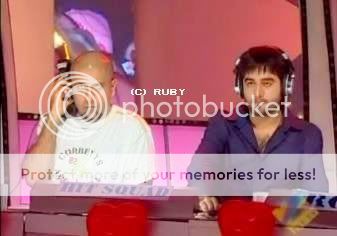
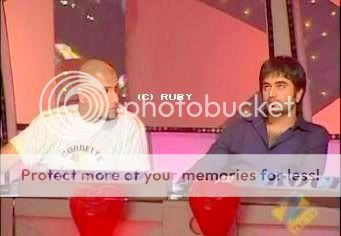
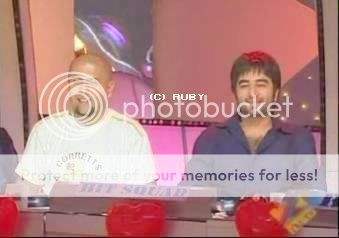
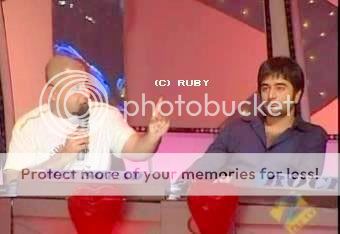
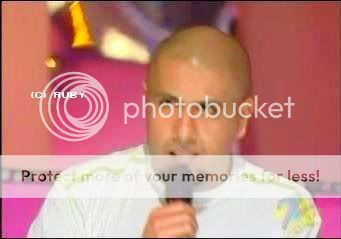
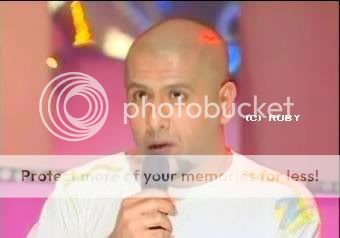
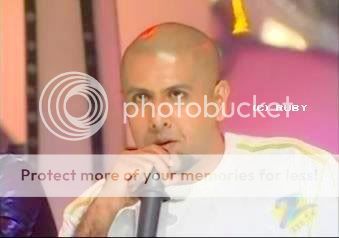
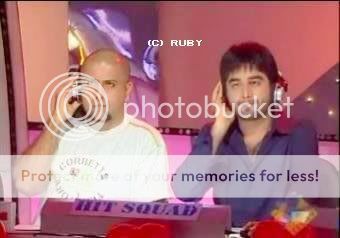
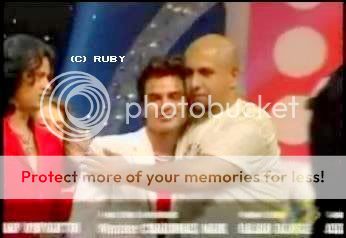

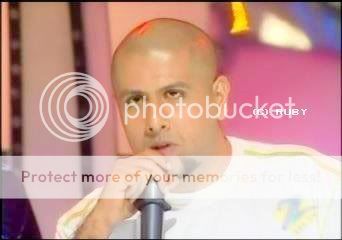

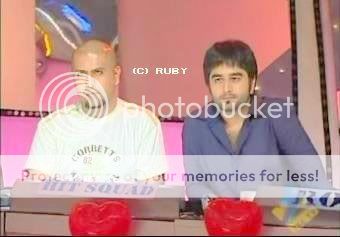
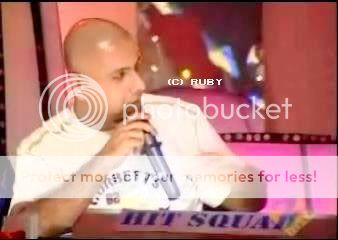
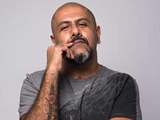

comment:
p_commentcount